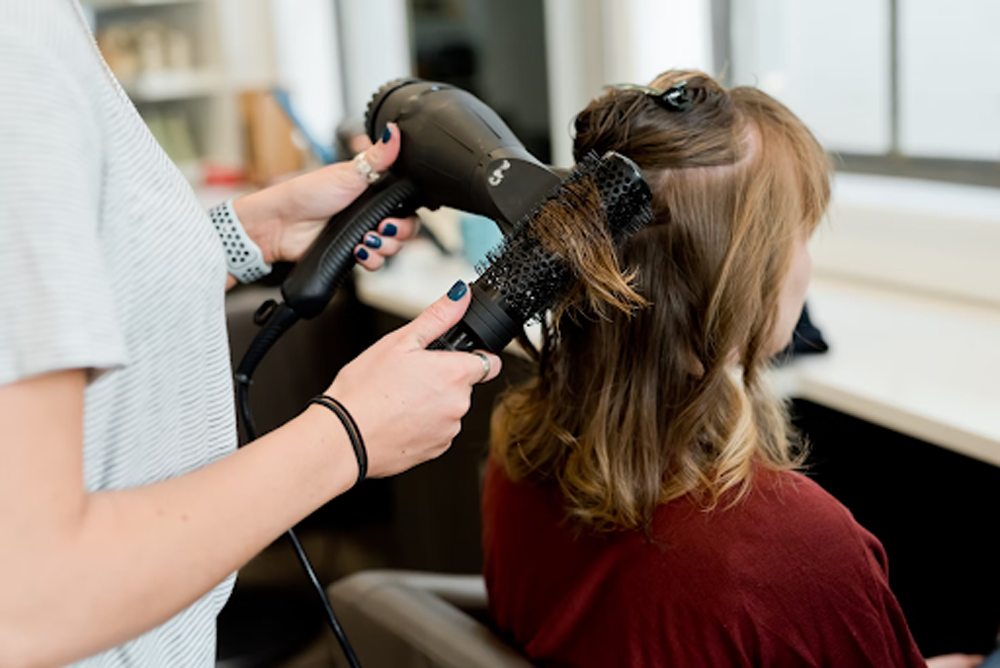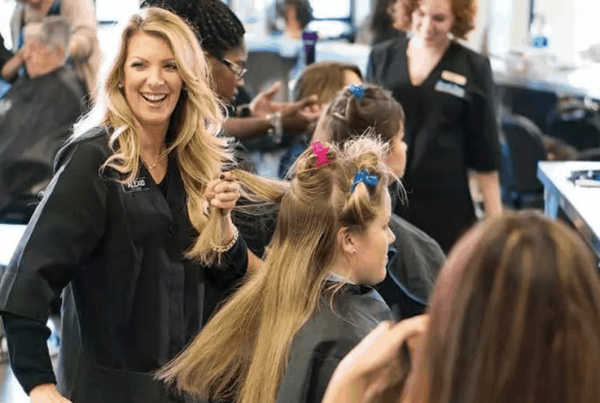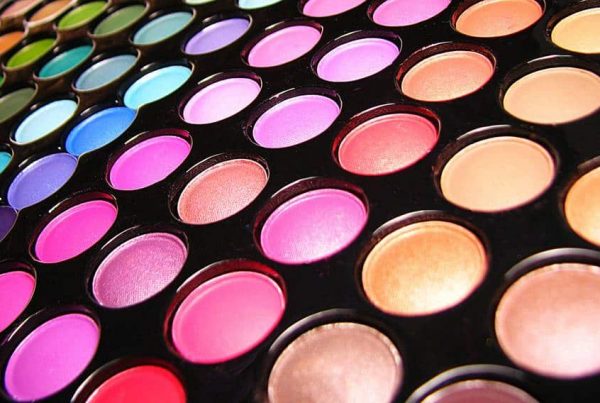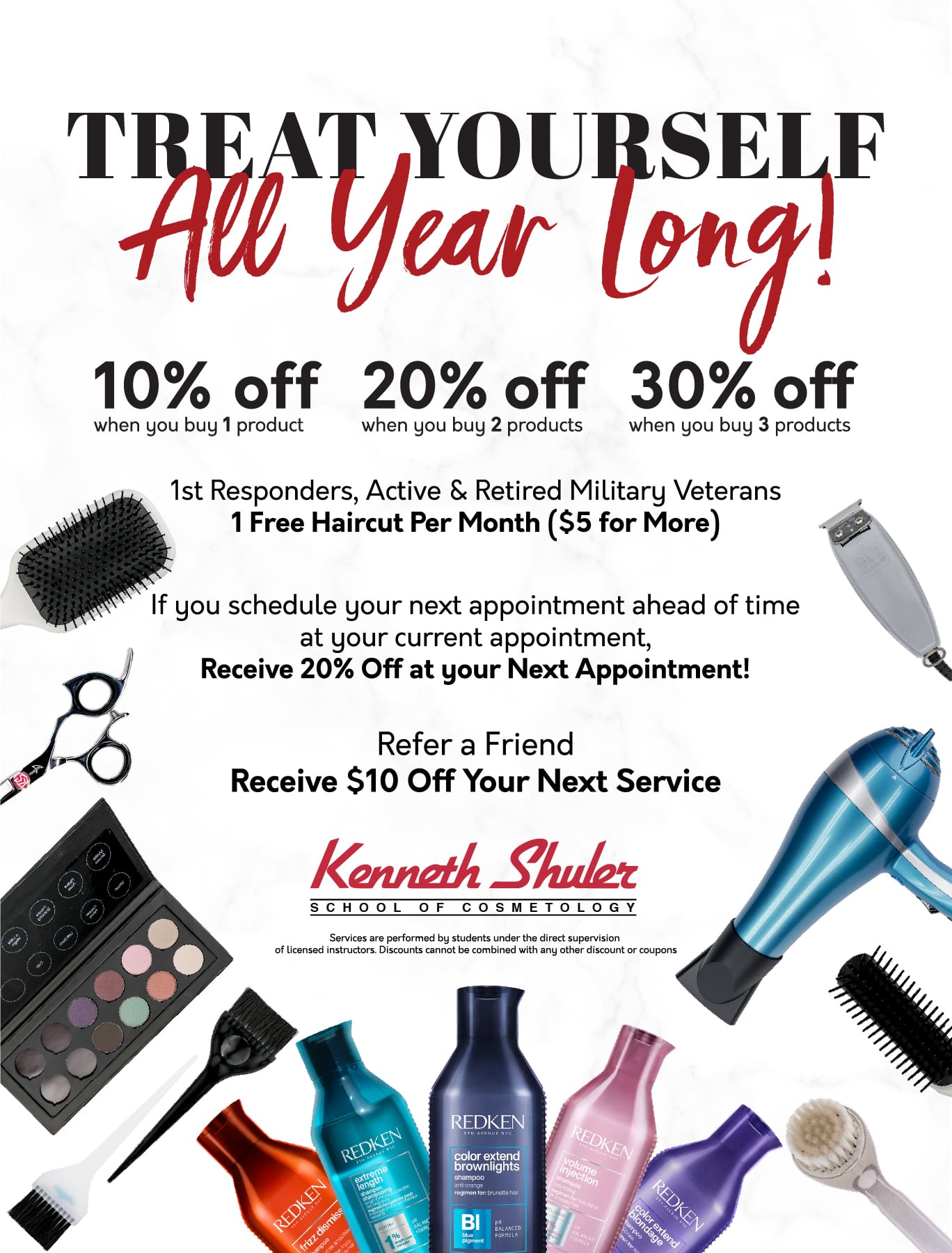
Are you interested in becoming a beauty professional but aren’t sure what the difference is between attending a cosmetology school and a beauty school? Do you want to know where to start, who can help you decide which route is best for you, and what it takes to get licensed?
This blog post will provide an overview of the difference between these two types of education options so that aspiring beauty professionals have all the facts they need before making their decision.
The Difference Is Mostly Just Branding
You may have noticed that there is an overlap between beauty schools in Augusta, GA, and cosmetology schools in Augusta. Depending on the school, it almost seems like they are the same thing but with different names. After all, you can’t discount the fact that the word ‘cosmetology’ does sound a bit more fancy than ‘beauty school’. People may get drawn in by the more sophisticated term but that doesn’t mean it’s necessarily a better education.
The truth is, when looking for either type of schooling, there isn’t much of a difference between beauty and cosmetology schools. Oftentimes, when researching one type of school you’ll come across programs labeled as both due to people just interchanging terms like they’re one in the same. It’s important to actually look at what the specific school’s curriculum is teaching when making a decision based on its offerings.
What to Consider in Beauty Schools in Augusta, GA
When considering beauty schools in Augusta, GA (or cosmetology schools in Augusta), there are a number of factors to consider.
The Cost & What’s Included
The cost of attending beauty/cosmetology school is an important factor to consider. While most schools have tuition fees, you should also be aware that some have additional fees for supplies and materials, such as scissors, combs, and hair styling products. When researching costs, find out if the school covers the cost of books or any necessary materials for class work.
Ask about any costs associated with internships or apprenticeships that might be offered at the school, as well as costs associated with obtaining a license or certification upon graduation. You may want to check if the school provides financial aid or scholarships to help offset costs.
Enrollees should also pay attention to what’s included in the fee they pay; ask what type of classes are available and how long class times run. Investigate what career opportunities are available after completing the program and if the school has a job placement service.
Find out about student clubs or ongoing activities offered by the school and whether there are internship opportunities available with professionals in their local area. Additionally, enquire about extra-curricular activities related to beauty/cosmetology such as competitions and awards that students might participate in while studying at the school. Armed with this information, you will be able to make an informed decision when selecting a beauty/cosmetology school.
The Length of the Program and How Much Time You Will Be Spending in School
Besides the cost of beauty/cosmetology school, you should also investigate how long the program takes to complete. Some beauty schools require a full-time commitment for several months, while other beauty schools offer part-time classes or weekend classes. It’s important to research what time commitments are required and if there is an option that fits into your schedule.
Find out the total number of hours you will need to graduate and how long it takes the average student, so you can plan accordingly. Ask about any additional hours needed for internships or apprenticeships, if applicable. It’s smart to inquire about what happens if you don’t complete the program in the stipulated time frame or if you need to take a leave of absence.
The Curriculum & Teaching Methods
The education and curriculum should be another important factor to consider when researching beauty/cosmetology schools. Most beauty/cosmetology programs offer a combination of classroom instruction and hands-on learning experiences. Find out if students are involved in real projects or if they are just working on mannequins.
You should also ask the beauty/cosmetology school about their teaching methods, and whether they have any special programs that could benefit you. Do they offer one-on-one sessions or group classes? Are you able to get some real-world experiences and practice in beauty salons with their guidance?
The Location of the School and Whether It Is Close to Your Home or Work
The beauty/cosmetology school you choose should be located in a convenient place. Research the area and see if there is public transportation or easy access to parking. Consider how long it will take you to get to class and whether the beauty/cosmetology school offers flexible hours that fit your lifestyle.
The Facilities – What Is Available for Students to Use (Salon Space, Classrooms, etc.)
Finally, take a look at the beauty/cosmetology school and consider the facilities available to students. Are there enough classrooms, beauty salons, and beauty supply stores in the vicinity? Does the beauty/cosmetology school provide its own equipment or do students have to purchase things themselves? Do they have a library with beauty-related books?
Conclusion
While branding is the key difference between cosmetology and beauty schools in Augusta, GA (as well as the rest of the country), there are also many other factors to consider. Before enrolling in a beauty/cosmetology school, investigate the program length, curriculum and teaching methods, location, and facilities available for students. And when you’re ready to take the next step in your career, the Kenneth Shuler School of Cosmetology, Esthetics & Beauty can provide you with the beauty/cosmetology education and skills you need to succeed.
With eight different locations in South Carolina, you can find the school that is right for you.





